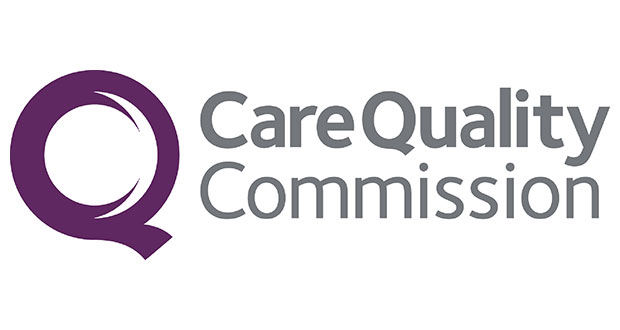CQC Research Reveals Racial Disparity In People Raising Concerns About Their Care
 Research undertaken for the Care Quality Commission (CQC) as part of their year-long “Declare Your Care” campaign has revealed those from a black and minority ethnic (BME) background are less likely than those from a non-BME background to raise concerns about the standard of care they receive, particularly in relation to mental health.
Research undertaken for the Care Quality Commission (CQC) as part of their year-long “Declare Your Care” campaign has revealed those from a black and minority ethnic (BME) background are less likely than those from a non-BME background to raise concerns about the standard of care they receive, particularly in relation to mental health.
The findings show that almost half of BME people with a previous mental health problem (48%) have wanted to raise concerns about mental health services. This is compared to just 13% of non-BME people with a mental health problem. Additionally, 84% of BME people with a mental health problem have also wanted to raise concerns or make complaints about the standard of their care more generally, in comparison to 63% of non-BME people with a mental health problem.
The research looked at people in England who have had a health service (NHS and private) or social care experience in the last 5 years, either as a patient or carer.
Reasons highlighted as to why people don’t feed back on their standard of care include not knowing who to raise it with (33%) and not wanting to be a ‘troublemaker’ (33%). Additionally, a third of people asked (37%) felt that nothing would be changed by speaking up.
However, when people did raise a concern or complaint, the majority (66%) found their issue was resolved quickly, it helped the service to improve or they were happy with the outcome.
Most people who provided feedback on their care were motivated by a desire to make sure that care improved for others. This included wanting to improve the care they, or a loved one, had received (61%) and improve care for everyone using the service (55%) with a smaller number also hoping for an apology or explanation (26%).
Ian Trenholm, Chief Executive at the Care Quality Commission (CQC) said:
“These findings demonstrate that there is still a significant disparity across different groups when it comes to providing feedback about standards of healthcare services. It is essential that everyone feels comfortable and confident about raising concerns about their care.
“Hearing from people about their experiences of care, good or bad, is an important part of our inspection work and contributes to improving standards. We ask everyone to play a part both by giving feedback directly to services, and by sharing their experiences with CQC. Through this we can shine a spotlight on best practice and act when there is substandard care.”
Jabeer Butt OBE, Chief Executive at the Race Equality Foundation said:
“Too many people in the UK experience poor care, and we know that black and minority ethnic people are more likely to experience it and less likely to report or complain about it.
“We need to work together to build trust, so that when people do want to complain they can do so with confidence that action will be taken. That first step of speaking out can be very difficult, but it is absolutely necessary if we want things to get better.”
The ‘Declare your Care‘ campaign, which was launched in February 2019 previously revealed that almost seven million people who have had concerns about their health or social care in England in the past five years haven’t voiced them. You can access further information on the data.






